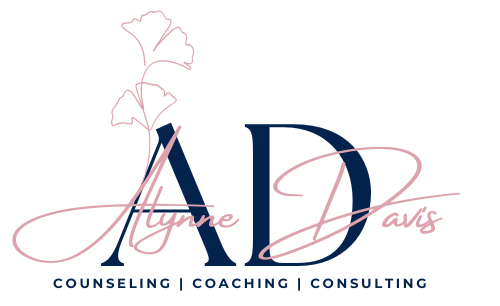As an eating disorder therapist who has worked extensively with individuals struggling with eating disorders, I understand the courage it takes to seek help for this deeply personal and often painful issue. Eating disorders, which can take the form of anorexia nervosa, bulimia nervosa, and binge eating disorder, among others, are complex mental health conditions that require specialized treatment & proven therapy techniques.
Eating disorder therapy approaches.
Eating disorder therapy involves a range of approaches designed to address the physical, emotional, and psychological aspects of the disorder. The first step in treatment is typically a comprehensive evaluation to determine the severity and specific type of eating disorder present. From there, a treatment or recovery plan can be developed that addresses the unique needs and goals of each individual. Most often there are underlying issues that are at play and in the hands of the wrong therapist can go unnoticed or misdiagnosed.
One of the most important aspects of eating disorder therapy is the establishment of a strong therapeutic relationship between the client and therapist. Building trust and rapport with your therapist can help create a safe and supportive environment in which to address the underlying issues driving the disorder. In therapy, you can expect to work on understanding and challenging the thoughts, beliefs, and behaviors that contribute to your eating disorder.
Cognitive-behavioral therapy (CBT) is one of the most commonly used approaches in eating disorder treatment. This type of therapy focuses on identifying and changing negative thought patterns and behaviors that contribute to the disorder. Through CBT, you can learn to challenge distorted beliefs about your body, food, and self-worth, and develop healthier coping strategies to manage stress and emotions.
Eating disorder nutrition
Another important aspect of eating disorder therapy is nutritional counseling. Meeting with a registered dietitian can help you develop a healthy and balanced approach to food, and learn to nourish your body in a way that supports recovery. Nutrition education can also help you develop a better understanding of the physical effects of malnutrition and how to restore your body to health.
Family-based therapy (FBT) is often used in the treatment of adolescents and teens with eating disorders. This approach involves the whole family in the recovery process, with the aim of helping parents support their child’s physical and emotional recovery. FBT can be particularly effective for younger individuals who are still living at home and are heavily influenced by family dynamics.

In addition to these approaches, there are a range of other therapies that may be used in the treatment of eating disorders. These may include acceptance and commitment therapy (ACT), dialectical behavior therapy (DBT), and interpersonal therapy (IPT), among others. The specific type of therapy used will depend on the individual’s unique needs and goals.
Eating disorder therapy process
It is important to remember that recovery from an eating disorder is a process that takes time and commitment. Therapy can be challenging, but with the right support and guidance, it is possible to achieve lasting eating disorder recovery. As an eating disorder therapist, my role is to provide a safe and non-judgmental space for you to explore the underlying issues driving your eating disorder, and to support you as you work towards a healthier and more fulfilling life.
In addition to therapy, there are a number of other components that can be helpful in the recovery process. Eating disorder support groups, for example, can provide a sense of community and connection with others who are going through similar struggles. Peer support can be a powerful tool in helping individuals feel less alone in their journey towards recovery.
Medication can also be helpful in managing some of the symptoms of eating disorders or underlying issues, such as anxiety or depression. While medication is not a cure for an eating disorder, it can be an important part of an overall treatment plan.
Eating disorder therapy process
It is important to note that recovery from an eating disorder is not a linear process. There may be setbacks and challenges along the way, and it is important to approach recovery with patience, self-compassion, and a willingness to learn and grow. As a therapist, I strive to create a space where individuals feel empowered to take control of their recovery, and are supported in their efforts to develop a healthy and positive relationship with food and their body.
Ultimately, the goal of eating disorder therapy is to help individuals achieve a state of physical and emotional well-being, and to develop a healthy and sustainable relationship with food and their body. eating disorder recovery is possible, and with the right support, individuals can go on to live happy and fulfilling lives free from the constraints of their eating disorder.

Eating disorder therapy help
If you’re dealing with an eating disorder or someone you love and care for is dealing with an eating disorder please reach out for help. At the very least talk with me to help you figure out what to do. I do not charge money for a free consultation.
